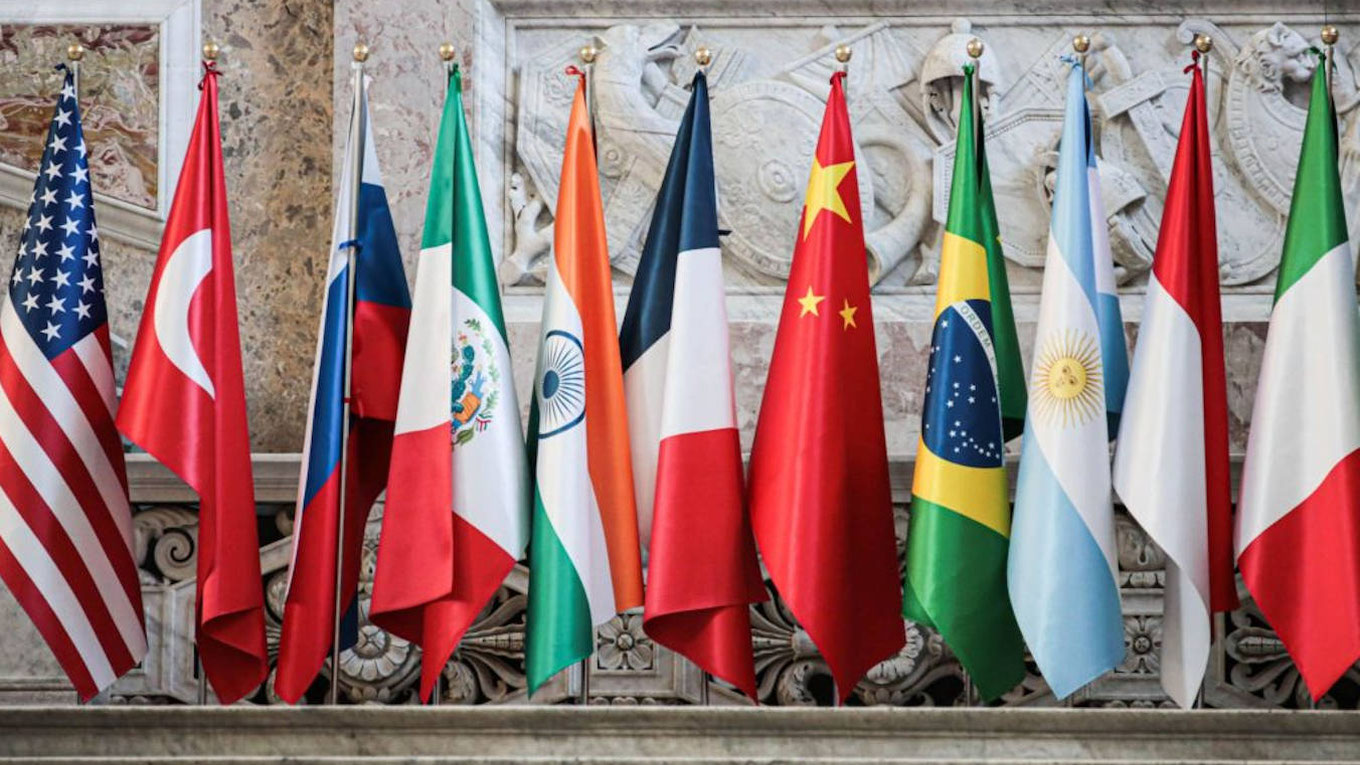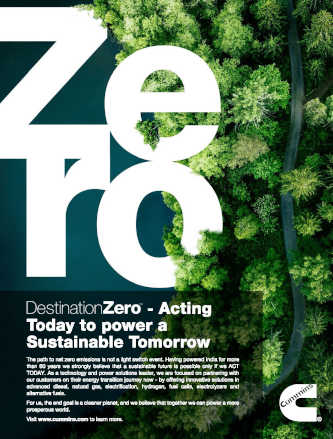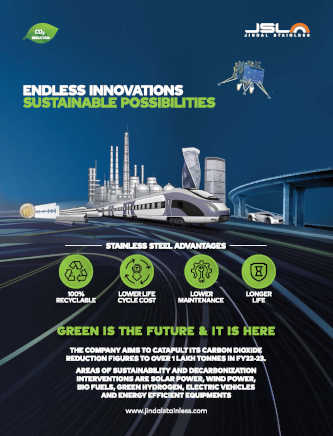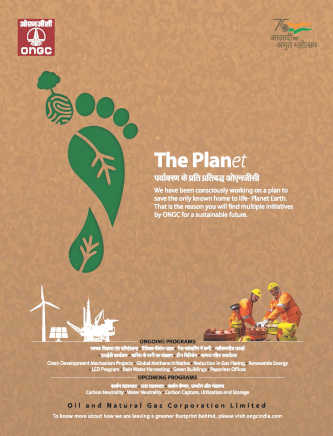India has turned the tables on the developed countries, which want to bring all emitters to commit on ‘net-zero’ or carbon neutrality by mid-century, with a proposal that they commit to cut their per capita emission to global average by 2030. India put up the demand while making its notes on the concluding day of the recent meeting of G20 ministerial meeting on climate change and energy in Naples, Italy, and forced the participants to include it in the Presidency statement. India raised the fact that the rich countries have already consumed the ‘carbon space’ set aside for developmental needs with their huge emissions in the past. Arguing that the pledges by some countries to cut their CHG emission to ‘net-zero’ or carbon neutrality were not enough against the fast depleting ‘carbon space’, India demanded that the developed countries commit to cut their emission to global average by 2030. “Keeping in view of the legitimate need of the developing countries to grow, we urge the G20 countries to commit to bringing down per capita emission to global average by 2030,” said the statement of the India delegation led by Environment Minister Bhupender Yadav. Earlier, Energy Minister, RK Singh, too had raised the issue while addressing the meeting virtually. He said the per capita emission of the rich countries is 2-3 times that of the global average, and urged it to be brought down as soon as possible. Even though India is one of the few countries which have been on track to cut their emission to global average as per the Paris Agreement of keeping the global temperature rise below 2 degree Celsius by the end of the century, there have been much diplomatic pressure to make India commit to ‘net-zero’ target. India’s per capita CHG emission was 1.96 tCO2e (tonne carbon dioxide equivalent) in 2016, which is much less than the global per capita annual emission of 6.55 tCO2e. The per capita emission of the US is 17.6 tCO2e while Canada has 15.7 tCO2e, Australia 14.9 tCO2e, Germany 10.4 tCO2e, UK 8.1 tCO2e, France 6.6 tCO2e, and China 6.4 tCO2e. India’s narrative is expected to feature in all diplomatic and bilateral meeting and discussions ahead of the UN Climate Conference (COP29) in Glasglow, UK, in November this year. However, India was the only country that didn’t attend a two-day ministerial meeting in London hosted by the incoming president of the COP26. The conference, which according to President Alok Sharma, is the last chance to ensure global temperature rise doesn’t go beyond the Paris Agreement target. The London meeting in person was a follow-up of the G20 meeting in Naples. However, Gaurav Khare, a spokesman for India’s Ministry of Environment, Forest and Climate Change, said that the government decided against attending the meeting since India had already made its views clear in the Naples meeting. He also cited some “technical issues” why India didn’t participate even virtually.
-

India urged the G20 countries to commit to bringing down per capita emission























